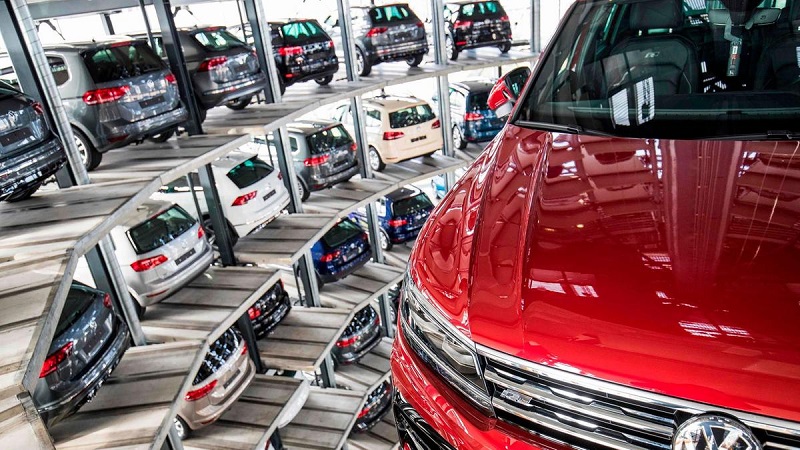In today’s interconnected world, decisions made on one side of the globe can send a ripple effect across continents. Recent policy changes by President Trump’s tariffs have not only disrupted international trade but have also impacted everyday lives in Ghana, especially in the ever-evolving car market.
With only four months in office, President Trump’s new tariffs have changed the way the world trades and we are yet to get to the zenith. These changes are affecting industries, and one of the hardest hit is the car market. Here in Ghana, the imposition of these taxes has led to rising costs of importing and exporting cars.
What Does This Mean for Ghana?
Ghana is a country with a growing interest in cars, especially those made overseas. Because of the new tariffs, car importers now pay more taxes when bringing vehicles into the country. These tariffs and the subsequent repercussions are hence transferred to consumers as a result. Many people are worried that these higher prices might last a long time, making it harder for families and businesses to afford new or even used cars. The extra cost from tariffs also affects local dealers who import cars to sell. They have to spend more money to bring cars in, and this extra cost is passed on to customers. This situation leads to slower sales and more uncertainty in the car market. In simple terms, fewer people might be able to buy a new car, and traders may need to change the way they work to manage these costs.
Global Changes in the Auto Industry
The impact of these tariffs extends beyond Ghana—it is also reshaping the way car manufacturers operate worldwide. A prime example is Jaguar Land Rover, the renowned British automaker. Due to the high tariffs, Jaguar Land Rover has ceased exports of new vehicles to the U.S. market. This decision highlights the severe effects of these trade policies and may encourage other car brands to reconsider their export strategies.
If more manufacturers follow suit, the global supply of new cars could decline, causing prices to rise further and reducing market diversity. Both consumers and businesses may find themselves with fewer options when purchasing a vehicle.
The Growing Uncertainty
Every day, people in Ghana are witnessing how these tariffs are reshaping their lives. Car prices continue to climb as extra taxes make importing vehicles more expensive, turning car ownership into a difficult financial decision for many households.
Meanwhile, the market is struggling to keep up. Some automakers have reduced shipments, leaving local dealers unable to provide customers with the cars they need. Additionally, these broader trade challenges have created uncertainty about the future, discouraging investments and slowing down economic activity.
Local Reactions
Car owners and dealers across Ghana are starting to feel the pressure firsthand. Some local auto dealerships report a noticeable decline in customer demand for vehicles in stock. Others are waiting to see if more automakers will follow Jaguar Land Rover’s lead and halt shipments to major markets such as the United States.
There is, however, hope that improved trade agreements will be negotiated in the near future, potentially lowering import levies and duties. Many believe that new international deals could help alleviate costs, making it easier for local dealers to import vehicles and restore stability in the market.
Seeking Solutions
Local experts and trade officials are urging the government to explore new partnerships or trade agreements with other nations. By negotiating better deals, Ghana could mitigate the challenges posed by tariffs, stabilize car prices, and keep the market thriving.
Looking Ahead
The ripple effects of President Trump’s tariffs serve as a reminder of how interconnected the global economy has become. Policies enacted in one country can have far-reaching consequences elsewhere. For Ghana, the challenge now is to adapt swiftly, identify new opportunities, and collaborate with international partners to establish a more stable trading system.
For now, Ghanaians, car dealers, and traders remain watchful. They understand that these trade policies could extend beyond the automotive industry and impact other sectors as well. Over time, it is hoped that these difficulties will lead to innovative solutions and agreements that benefit both consumers and the economy as a whole.




